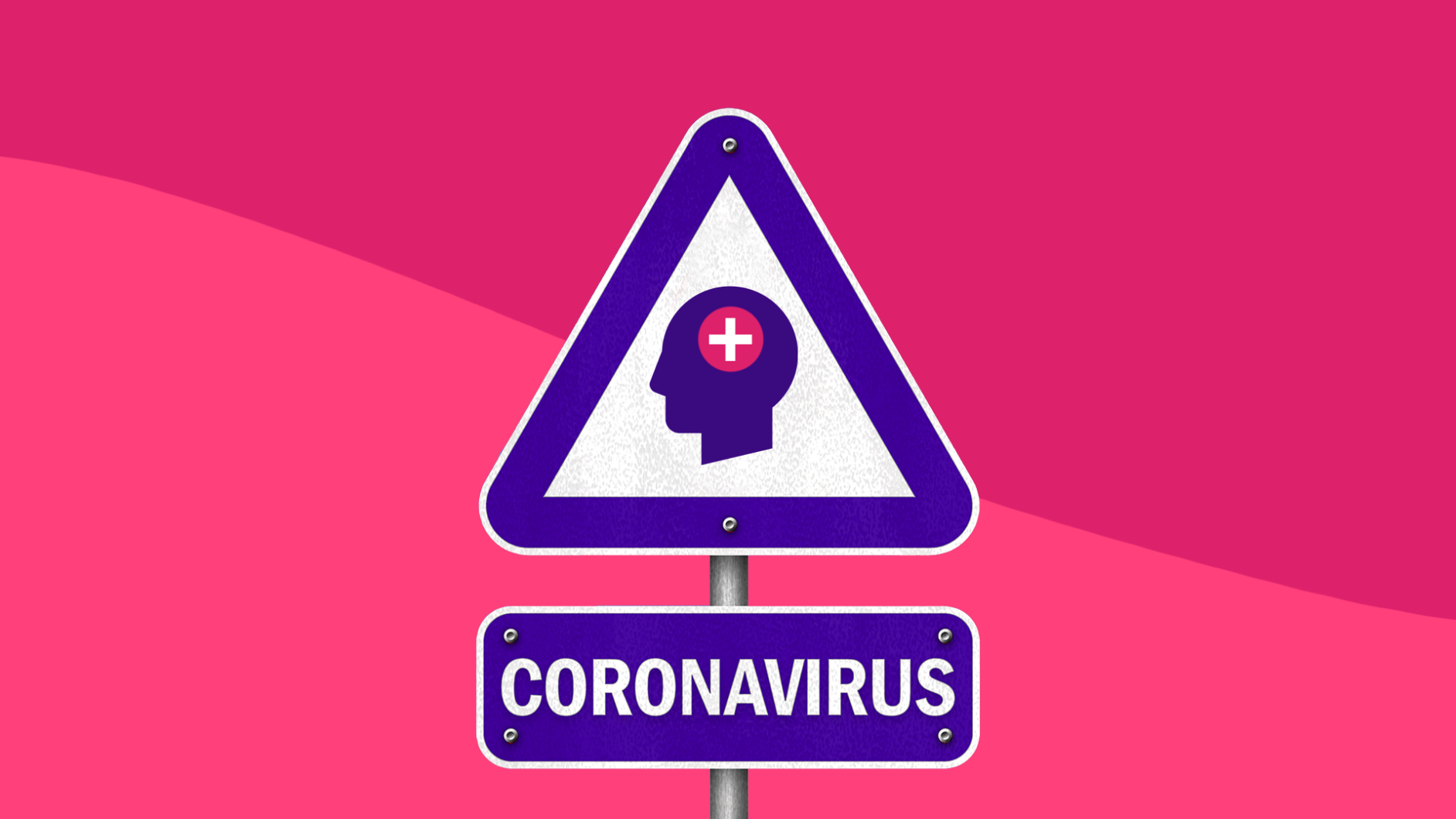CORONAVIRUS UPDATE: As experts learn more about the novel coronavirus, news and information changes. For the latest on the COVID-19 pandemic, please visit the Centers for Disease Control and Prevention.
I’ve battled mental health challenges my entire life. My psychiatrist has diagnosed me with panic disorder, agoraphobia, PTSD, and clinical depression within the past four years. While the internet has been full of jokes that introverted people are thrilled to be at home alone, I don’t find those jokes humorous—or true. This is not just hunkering down with Netflix and chips because you feel like it, this is forced staying inside, and as these days could stretch into weeks, I know that the loneliness and desperation can easily creep in.
The first thing that I did when I found out that I’d be self-isolating to avoid the coronavirus was make sure that I had enough of my prescribed antidepressants to last me. While I know that pharmacies are staying open—and there are ways to get prescriptions delivered—I didn’t want the added stress of running out of my meds in the middle of a quarantine. In fact, as soon as I checked my pill container, I sat on the floor and practiced deep belly breathing to slow down my adrenaline.
“I can get through this,” I repeated to myself, an assurance that I wasn’t so confident in at that moment.
One of the biggest questions I’ve faced is: How will I get through this without the isolation negatively impacting my mental health?
“Isolation has psychological and physical consequences that can be more deadly than coronavirus itself,” says Carole Lieberman, MD, a California-based psychiatrist. She says that signs that self-isolation is getting to you include:
- Anxiety
- Depression
- Paranoia
- Anger
How to cope with coronavirus isolation
It’s important to create a plan and schedule during the times where you’d normally be at work, school, or otherwise occupied, Dr. Lieberman advises.
Here are some ideas for dealing with mental health issues that arise during self-isolation.
1. Get moving
I particularly enjoy yoga with Adriene and feel best when I wake up and do some kind of physical movement. There’s plenty of online fitness exercises, but even blasting music and dancing around your room can get your heart pumping and your endorphins surging.
2. Go outside
Dr. Lieberman recommends taking walks in nature to reconnect to the earth and prevent yourself from being cooped up inside. As long as you keep your distance from others (at least 6 feet), you’re generally fine to go outside and enjoy some good old vitamin D.
If you live in a more urban area, you could try to walk around your neighborhood while keeping a healthy distance from others. Be sure to keep a mask with you to wear when you’re unable to avoid being in close contact with people. If you are unable to go outside without coming into close contact with others, you can at least open your windows for some fresh air until social distancing recommendations change.
3. Keep your brain active
Everyone has their favorite quiet pastime, whether it’s reading, doing puzzles, or knitting. You might even want to try something new or different to keep you motivated. Many local libraries have online resources, like downloadable e-books, or you can take a free course from an Ivy League school at classcentral.com. Whatever you choose, make sure it stimulates your mind.
4. Connect with others
If you have kids or a partner, make sure that you’re connecting and making memories together. Stay in touch with friends, family, and neighbors through phone calls, emails, or Skype.
This is particularly important for children, who may not fully understand why they have been isolated from their classmates and friends. Consider organizing regularly scheduled video chat “playdates” between your children and their friends.
RELATED: What parents need to know about the pandemic
5. Be creative
This is a big one in our home. We are working hard to keep the creative juices flowing by drawing together, writing stories, playing our favorite instruments, and overall exploring our instincts and creativity. It’s also a great outlet for pent up frustration and anxiety and something I always find soothing and comforting. You may even be able to find music therapists offering interactive sessions. Many school teachers remain available to their students by phone and email and can help with suggestions for caring for children’s unique needs.
6. Keep connected with your therapist
While it might not be possible or safe to go in and see your therapist face-to-face, hopefully your healthcare provider is offering phone or video sessions. This is a great time to reconnect with your therapist, or find a therapist, because professionals can offer you tools that you might not have discovered on your own. Many insurance companies have relaxed the rules around billing during the COVID-19 crisis, so in-person visits are not always required.
“We can’t outsmart the coronavirus, but we can take control of our own response to it by spending our time making ourselves healthier,” Dr. Lieberman says.
The current pandemic is an unprecedented situation, and it’s natural to feel scared and anxious. Being isolated can increase your chances of feeling disempowered and alone when you can’t see your family. Dr. Lieberman says that if you’re experiencing suicidal ideation, then it’s important to reach out, not just to family and friends, but to mental health professionals. If you’re in an emergency situation, call 911 or head to an emergency room.



